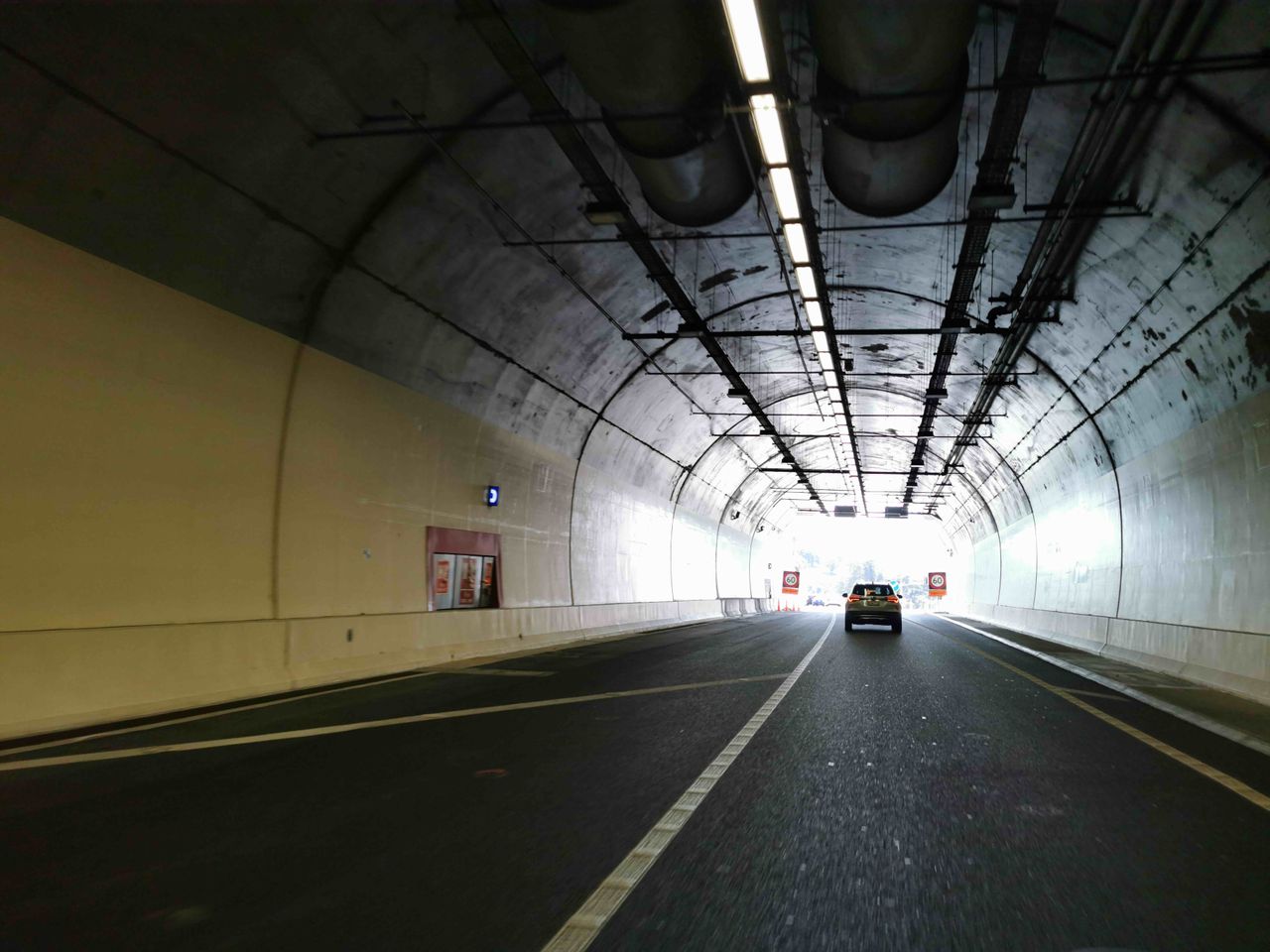News & Insights
Balancing Politics and Policy
Author

Reflecting on the conversations had at Infrastructure New Zealand’s Building Nations and the leaders lunch RCP hosted, we’ve been thinking about the dance between politics and policy. The RCP Advisory team share their reflections on these conversations and recent policy announcements.
Christopher Luxon captured the attention of a receptive audience with his party's five-point plan, labelling it a much-needed "turnaround job.” There was general agreement at #BN2023 that we need to move from ambition to action with politics appearing as the primary bottleneck.
However, the challenge has not so much been recognising there is a bottleneck (everyone is pretty good at identifying when something’s not working). The challenge lies in making concrete decisions around what we build, when, where, and how we fund it.
National’s plan has some promising signs. With a few tweaks, it could help reset how we approach infrastructure planning, financing, and delivery.
A funded 30-year pipeline focused on the future is needed
Commitment never lasts longer than the name on the door. Political leaders understandably prioritise issues that resonate with voters, meaning investment decisions are typically short-term. This often results in longer-term issues being kicked down the road for another generation to deal with (climate change implications were noticeably absent in National’s infrastructure policy announcement). We chase what is convenient now while losing sight of what’s essential tomorrow.
For years there has been talk of developing an infrastructure pipeline to combat this, a plan that would set out what we need to build, where we need to build it, and roughly when we need to build it. We even set up an Infrastructure Commission to do it. Yet somehow we haven’t progressed past aggregating a set of projects, not to mention agreeing on a way to fund it.
The current government, however, has attempted to put these wheels in motion through its Infrastructure Action Plan and has asked the commission to get on with it, working with the sector to develop a priority list of projects. Ross Copland and his team are doing a great job at trying to get us there, but they’re really only one political cycle into the process. The political winds could be about to change, and Ross’ job is made almost impossible when infrastructure policies and the attached funding are at the mercy of political tides, tides that leave agencies and councils chasing the cash.
Together, we need to lobby for a more robust Infrastructure Commission that can confidently go beyond simply compiling a list of known projects and develop a politically agnostic investment pipeline that truly meets the needs and aspirations of our communities.
And this pipeline needs to be backed by funding commitments to enable investment in people, plant, and technology – this investment is the essential other side of the equation and one way we can move away from low-wages and up the productivity curve while also attracting foreign investment and people to get the job done.
It will require that we, the sector, clearly articulate the programme of works needed and the why – if politicians know the ‘why’, it is easier for them to get behind it. At the same time, we need to allow enough flexibility within the programme for politicians to reprioritise projects according to their mandated agenda – or as Sarah Sinclair puts it, provide a “menu” that will satisfy the appetites of political agendas.
Wheeling and dealing
Done well, city and regional foster collaboration, drive outcomes, and cut through parochial politics for the benefit of a region. They are a galvaniser, bringing together disparate interests for commitment to a long-term vision (sound familiar?). They may be just the ticket to kickstarting a shift toward a committed longer-term programme by influencing, accelerating, and implementing change at the central and local level to drive momentum toward a committed pipeline.
These deals set out what needs to be true for a long-term community vision to be realised, much like Fraser Robertson discusses here. They are about building bi-partisan commitment between central and local government for a shared future.
What about business cases?
Assuming we get to an agreed and committed, funded pipeline, all eyes will understandably turn to delivery. Project success is no longer about meeting cost, time, and scope constraints – it’s not just about “What did you build?” but “Did your build justify the investment in the time and resources?”
With limited resources, we need assurance that we’re on the right track. This assurance typically comes through business cases.
And this is a challenge. The government has attempted to drive better business cases in recent years. However, as a nation, we spend tens of millions a year compiling business cases to justify projects and search for the perfect delivery and funding solutions, potentially slowing investment decisions, leading to delays and, consequently, cost escalation.
Business cases are often developed in an ad-hoc manner and often in isolation of the ‘bigger-picture’ with authors and sponsors often focussed on the individual outcomes of a singular investment. And this is where a committed pipeline and city or regional deals will provide a much-needed, long-term focus.
If city and regional deals are skilfully developed, they will serve as programme business cases, justifying investment in the context of longer-term outcomes. Once these deals are approved, agencies, local governments, and decision-makers can move quickly through project-level business cases when they’re ready to pull the investment trigger
Through better, joint decision-making and longer-term investment signalling, we can do things simpler and accelerate cohesive infrastructure outcomes. A politically agnostic, 30-year pipeline will help overcome investment that changes with the political tide and help balance political agendas and long-term policy decisions. It may not be an easy ask but, if we are to have any hope of moving beyond infrastructure investment that ‘turns on a dime’ and pave the way for a sustainable and prosperous future for New Zealand we need to articulate our collective vision for a prosperous future and garner public support, so politicians can champion sustainable progress.



